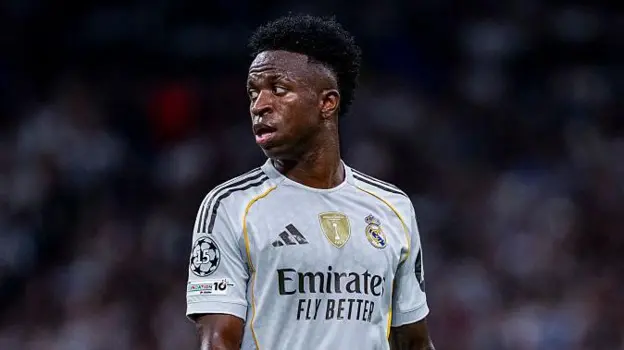Vinícius Júnior’s apology feels like the kind of public mea culpa that sits halfway between sincerity and strategic damage control. His emotions during El Clásico were raw — understandable, given the weight of the match and his personality on the pitch — but his outburst (“Always me! I’m leaving!”) hints at deeper frustration than just substitution anger.
For context, Vinícius has always been an emotionally charged player. His fire fuels his brilliance but occasionally burns him too. Walking straight down the tunnel and then re-emerging to get involved in post-match chaos with Lamine Yamal shows a man still learning to master his volatility — a lesson many football prodigies go through once their youthful defiance meets the brutal discipline of elite football.
The apology itself hits the right notes: remorse, respect for the fans, and reaffirmation of loyalty. But the omission of any reference to Xabi Alonso is loud in its silence. If the reports of tension are accurate, that might be the real subplot — not the substitution itself, but a growing disconnect between player and manager.
Real Madrid has a history of navigating combustible personalities — from Cristiano Ronaldo to Sergio Ramos — but the club’s patience tends to wear thin when an individual’s temperament starts overshadowing the collective machine. If Vinícius’s feelings of persecution or isolation persist, this could evolve into something bigger: either a reconciliation that matures him, or a slow drift toward a new chapter elsewhere.
It’s a classic football paradox: passion makes stars, but control makes legends.


0 Comments